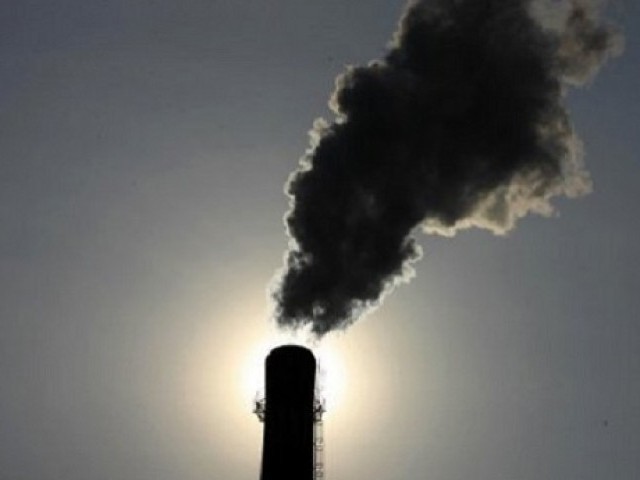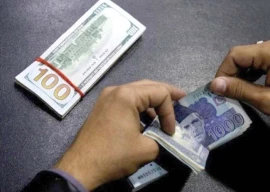
There are serious concerns that increase in industrialisation and international trade damages the environment. Civil society in developed economies is arguing for enhancing measures for the protection of the environment by erecting barriers on the free flow of goods and services.
This has led to a debate in the World Trade Organisation (WTO) on the extent of trade-related measures the members can adopt for the protection and preservation of the environment where the major objectives of the multilateral trading system are to facilitate free flow of goods and services.
In the WTO, though members are debating on devising rules to regulate environment measures, there is yet to be a specific agreement on the protection and preservation of the environment.
However, under the General Agreement on Tariffs and Trade (GATT), the member states have the right to take measures “to protect human, animals or plant life”. Moreover, environmental programmes in the agriculture sector are exempt from subsidies reduction in the WTO.
The WTO requires the member states to implement these measures in a non-discriminatory and transparent manner as enshrined under the principles of the ‘National Treatment’ and ‘Most Favored Clause’ of the WTO agreements.
The principle of National Treatment requires member states not to discriminate imported goods against locally manufactured goods. The National Treatment applies once the goods or services have entered in the domestic economy. The principle of Most Favored Nation requires non-discrimination between trading partners who are member of WTO and granting special treatment to one member against the other while applying these measures.
The developing countries are of the view that the main culprit in the high levels of greenhouses gases emission has been the industrial development in the developed countries and are arguing for excessive burden on these countries for reduction of greenhouse gases.
The international community has agreed to introduce price-based measures to mitigate the effects of environmental pollution. The price based measure relies on market mechanisms to internalise the cost of environmental pollution. These measures have led to increase in taxes on fuel and energy use. It has also led in the development of emission trading schemes.
In the developed countries, governments are under intense pressure from their domestic industries on enhancement of environmental standards for emission controls which they argue increases the cost of compliance and affect their competitiveness.
This has compelled the developed countries to consider Border Adjustment Measures to protect their domestic industry from competition from countries where the environmental standards are not as stringent.
The Border Adjustment Measure would be a tax on goods imported from countries that are not bound by emissions caps or industries with a heavy carbon footprint. This tax will be equivalent to the carbon footprint of the imported goods in terms of Emission Trading Scheme implemented under the Kyoto Protocol. Alternatively, the importer may also be required to surrender Emission Allowance at the time of import equal to carbon footprint of the product.
The other form of Border Adjustment measure being considered is the subsidy at the time of export to the manufacturer to compensate for the increase in cost of manufacturing due to the implementation of stringent environmental and emission standards.
These measures including the border adjustment measures will definitely have repercussions for developing countries such as Pakistan where the domestic economy is in the initial stages of the industrialisation. The imposition of carbon tax on their products or surrendering their emission allowances could make their exports expensive and affect their competitiveness.
Manufacturers from developing countries would not have any option other than to reduce their manufacturing costs to offset the impact of the carbon tax. In case of Pakistan, where domestic industry is already struggling on competitiveness due to power outages and other impediments, reducing cost of production would be a daunting task.
The obligations of Pakistan under the international public law require measures to move towards the low carbon economy. There is a feeling amongst the policymakers that the country does not have the capacity or the fiscal space to manage this transition without support from the developed countries that would include transfer of technology and access to environmental goods and services.
The protection and preservation of the environment is not only mandatory for Pakistan under its international treaty obligations but also under the normal principles of treating it as a trust to be preserved for future generations.
The border adjustment system being introduced in the developed economies is a reality that has to be accepted by initiating a transition so that the domestic industry does not lose its competitiveness in the markets of European Union and USA which are Pakistan’s main export markets.
The writer is a civil servant with 20 years of experience on issues related to Pakistan’s trade and development
Published in The Express Tribune, August 3rd, 2015.
Like Business on Facebook, follow @TribuneBiz on Twitter to stay informed and join in the conversation.
1728297472-0/Fousey-(1)1728297472-0-405x300.webp)

1730806672-0/diddy-(37)1730806672-0-165x106.webp)
1731748155-0/BeFunky-collage-(8)1731748155-0-165x106.webp)













COMMENTS
Comments are moderated and generally will be posted if they are on-topic and not abusive.
For more information, please see our Comments FAQ